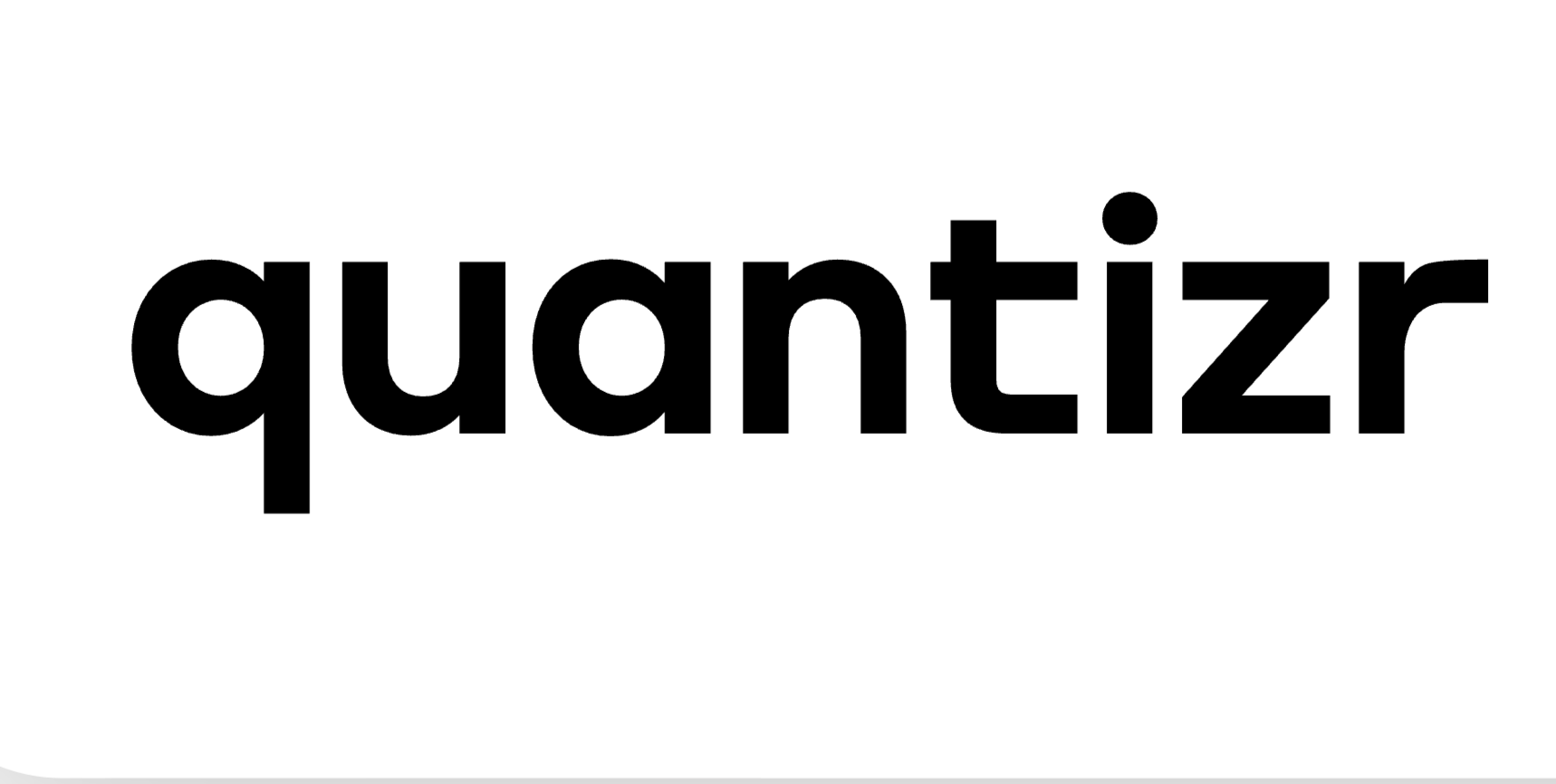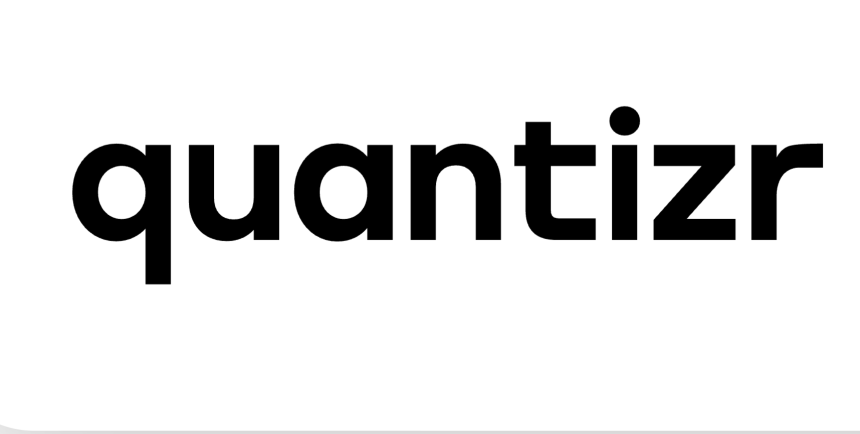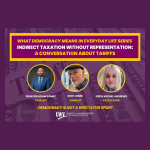Quantizr is a newly launched AI-powered app that simplifies and centralizes the live concert business for touring artists with the goal of enabling booking agents, managers and business managers to make smart financial touring decisions when choosing between competing tour promoters. Launched today, the app’s three co-founders include CEO Joshua Litwack, CTO Tim Nielsen, and CMO/musician Jeremy Salken.
The app enables a band’s booking agent to input multiple touring offers and see just how much each is worth, enabling them to choose the one that offers them the best return. Band managers then have the ability to assimilate that information to create a budget, while the business manager can then settle each of the shows after accepting the best offer.
Litwack is a Chartered Financial Analyst, who learned the ropes at Bloomberg and investment giant BlackRock, where he saw how the financial services industry was taken over and transformed by technology, before launching and selling a software venture of his own. Nielsen is an attorney who specializes in IP and emerging technology and Jeremy Salken is the drummer in Denver electronic music duo Big Gigantic and has doubled as the band’s business manager for their two-decade-long existence.
“The entertainment business is now where finance was 15 years ago,” explained Litwack. “What Quantizr does is take the best of finance and music and brings it together so smart business decisions can be made regarding touring.”

“This is a platform that takes the way business is being done today and combines it with what this business has always been based on… relationships, negotiations and real-time financial decision,” Litwack continued, a huge Phish fan who recently attended his 106th live show by the band. “Quantizr is a chance to for the live music business to achieve financial literacy through data.”
All the expenses and variables of the individual offers get plugged in, and the results allow the management team to compare apples to apples and make the right choice. The data can then be accessed and searched in any number of ways, by venue, by market, by band, etc., with all the various PDFs detailing this information – expenses and income — now centralized into a single digital space.
Before launching publicly as a paid subscription service, Quantizr spent over a year in stealth beta mode, working behind-the-scenes with many of the top names in the industry to make sure the platform reflects the complexity and pace of their work.
“This enables management to streamline the administration, which cuts costs and allows the artists to ultimately make more money,” said Litwack. “Which is one of the goals of this platform.”
One of the app’s early champions is longtime artist manager Randy Nichols of Force Media Management and early advisor to merch/concession app atVenu, as well as a Board member for the National Independent Talent Organization (NITO).
“Touring decisions are often based on instinct and scattered spreadsheets,” he said. “Quantizr brings offers, settlements and road reports into one view, giving managers the ability to predict performance, see true market demand and negotiate stronger deals.”
“Live entertainment is one of the world’s most important industries, but it hasn’t found a system that understands its complexity,” said Litwack. “Quantizr gives the same kind of infrastructure that financial markets have enjoyed for decades now.”
The ever-diminishing margins in the touring market make a platform like Quantizr more important than ever, according to Litwack. Once a deal is settled, the app allows the management team to continue to monitor the tour in real time compared to the original contract “to make sure nothing falls between the cracks.”
The next step for Quantizr is moving into combining all artist revenue streams, with the first step, tracking brand and sponsorship partnerships, with the possibilities of record and even publishing shares, the latter of which represents a more complex business model.
“If you realize the live touring business generates more than $200 billion in annual revenue, it has been largely left behind by modern enterprise technology,” said Litwack. “Our whole goal is to put money back into the pockets of the artists. Every dollar counts. The way this industry does business hasn’t really changed since Elvis. We just want to help people take control of their data and make better decisions with it.”











